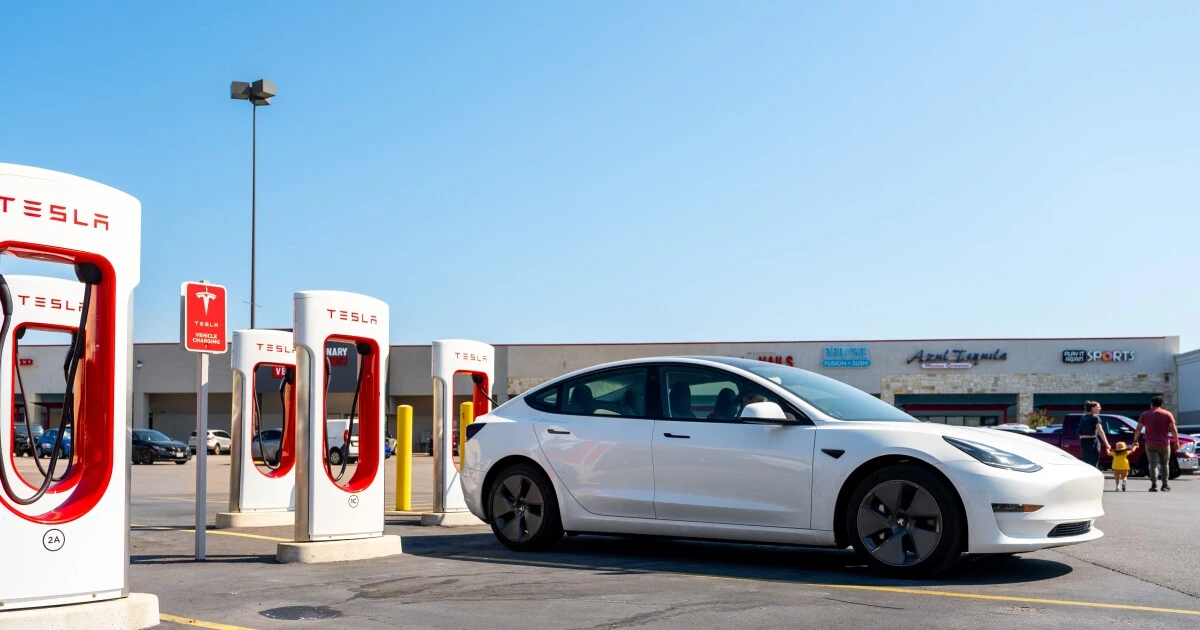EVs are cleaner than gas cars, but a growing share of Americans don't believe it
EVs are cleaner than gas cars, but a growing share of Americans don't believe it

EVs are cleaner than gas cars, but a growing share of Americans don't believe it

Everyone knows that electric vehicles are supposed to be better for the planet than gas cars. That's the driving reason behind a global effort to transition toward batteries.
But what about the harms caused by mining for battery minerals? And coal-fired power plants for the electricity to charge the cars? And battery waste? Is it really true that EVs are better?
The answer is yes. But Americans are growing less convinced.
The net benefits of EVs have been frequently fact-checked, including by NPR. "No technology is perfect, but the electric vehicles are going to offer a significant benefit as compared to the internal combustion engine vehicles," Jessika Trancik, a professor at the Massachusetts Institute of Technology, told NPR this spring.
It's important to ask these questions about EVs' hidden costs, Trancik says. But they have been answered "exhaustively" --- her word --- and a widerange of organizations have confirmed that EVs still beat gas.